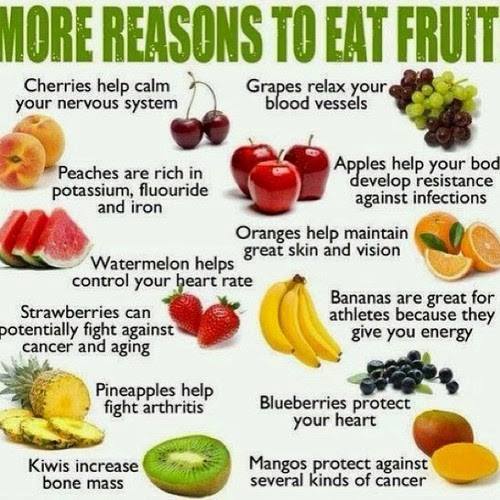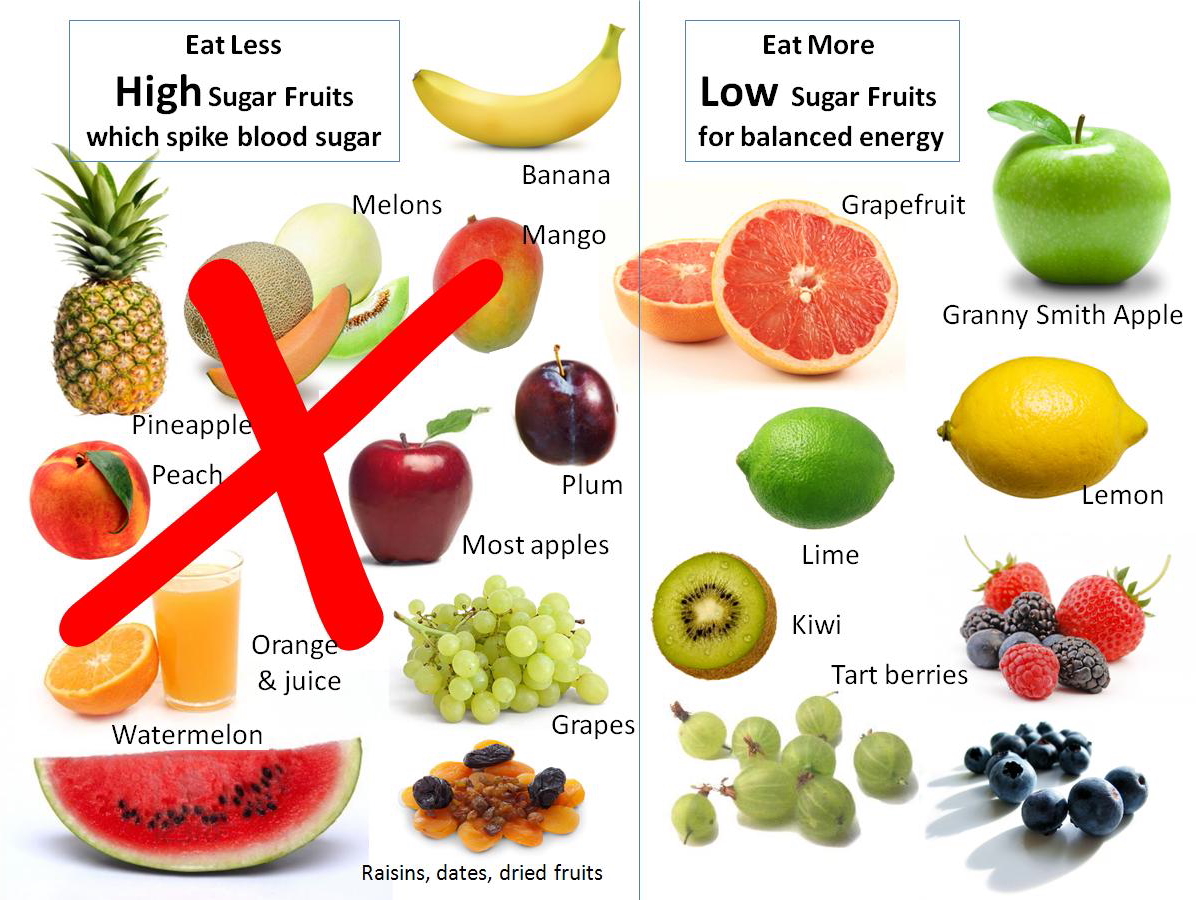Fruit contains carbohydrate so you need to count it as part of your meal plan.

Carbohydrate in fruit do not have a huge impact on your blood sugar levels, as most fruits have a low impact on our blood sugar. Fruits can also supply a significant dose of fiber to our diet, which will slow digestion and make you feel fuller. For example, just one medium apple contains 4.4 grams of fiber. Fruits are also a good source of antioxidants, which can help lower your blood pressure, fight off oxidative stress. Fruit has multiple benefits that warrant it being a staple in your diet.
Just before we go all hyper on fruits. Fruit is high in the simple sugar fructose, which is the main reason why many people trying to lose weight remove it from their diet. Unlike glucose, the most common simple sugar that’s sent to your muscles, brain, and other organs for them to use as energy, fructose is only processed by your liver. Why is that bad? If your liver already has ample energy, there is a higher likelihood that your liver will repackage the excess fructose as fat, saving it for use at a later time.
A more relevant reasons why fruit should not be given the ‘eat as much as you want’ ticket.
Recommend daily fruit intake for a non active middle age individual is 1 to 1.5 cups of Raw fruits, For an active middle age individual 2 cups of raw fruit.
Example of 1 cups of fruit: 1 medium size banana, Small apple, 1/4 of a pawpaw, 1 medium size pineapple, 1 medium size mango, 12 grapes,1 medium English pear and 1/8 of a water melon.
Follow me on twitter–mib107 for lifestyle mentoring and coaching.














